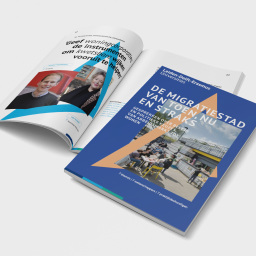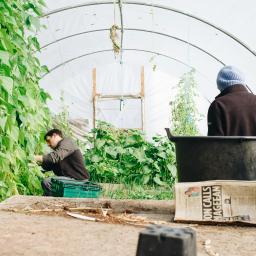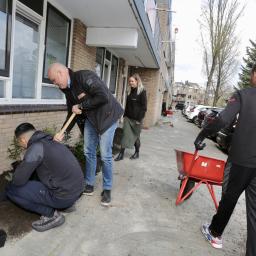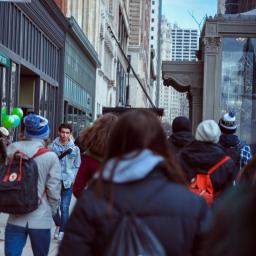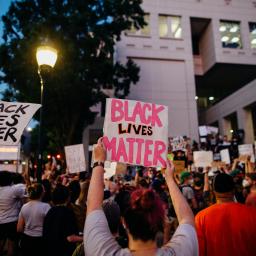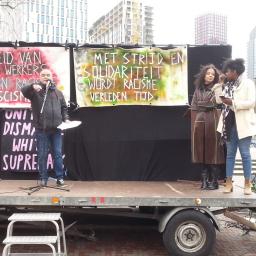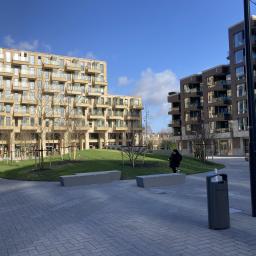More crime by people from migrant backgrounds: it is largely a myth. Leiden has successfully tackled anti-social behaviour on the part of Moroccan youths, says former mayor Henri Lenferink. At the basis of a healthy and safe co-existence is good education, agrees ‘crimmigration’ researcher' Maartje van der Woude. By Rianne Lindhout
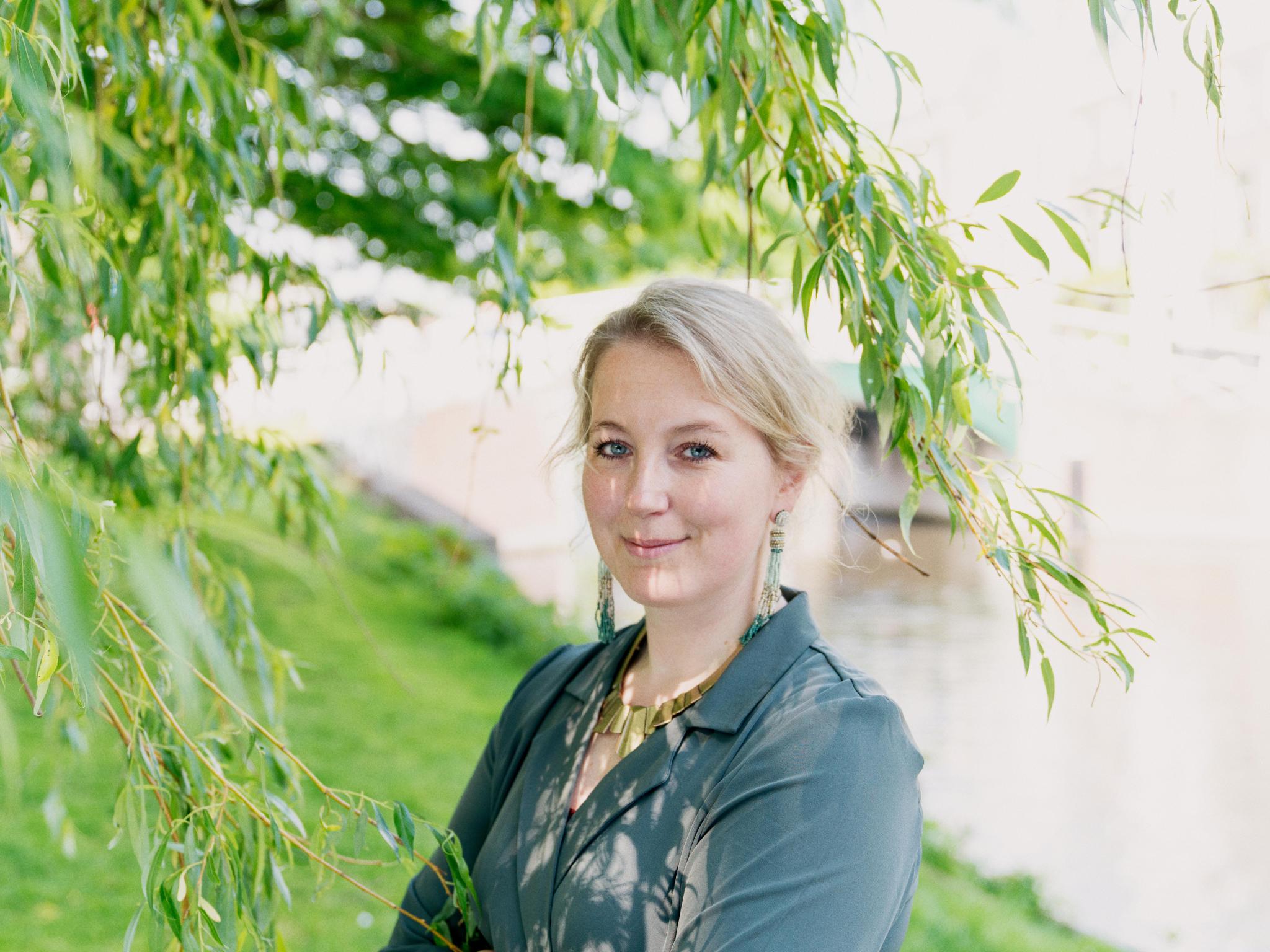
Dutch prisons hold more people with a migration background than without. Do these people commit more crime? Lawyer and criminologist Maartje van der Woude: 'Crime is more common among underprivileged population groups. Within those population groups, people with a migration background form an increasingly large group. This is not because they are less talented, but because they are kept small by racism and exclusion. This includes discrimination in the labor market, which already begins when young people are looking for an internship. Ethnic profiling by the police also ensures that people with a migration background end up behind bars more often. They are more quickly suspected, white people tend to get away with something more often.'
To what extent is the oft-expressed belief that migrants are responsible for increased crime true? Van der Woude: 'That belief, fuelled by politics and the media, is so strong, you can’t ignore it. Very complicated, but it doesn’t add up. It may be the case, for example, that there is a perception of more anti-social behaviour and perhaps more incidents around asylum seekers’ centres, but they are less likely to be suspected of crime than similar groups of Dutch citizens.'
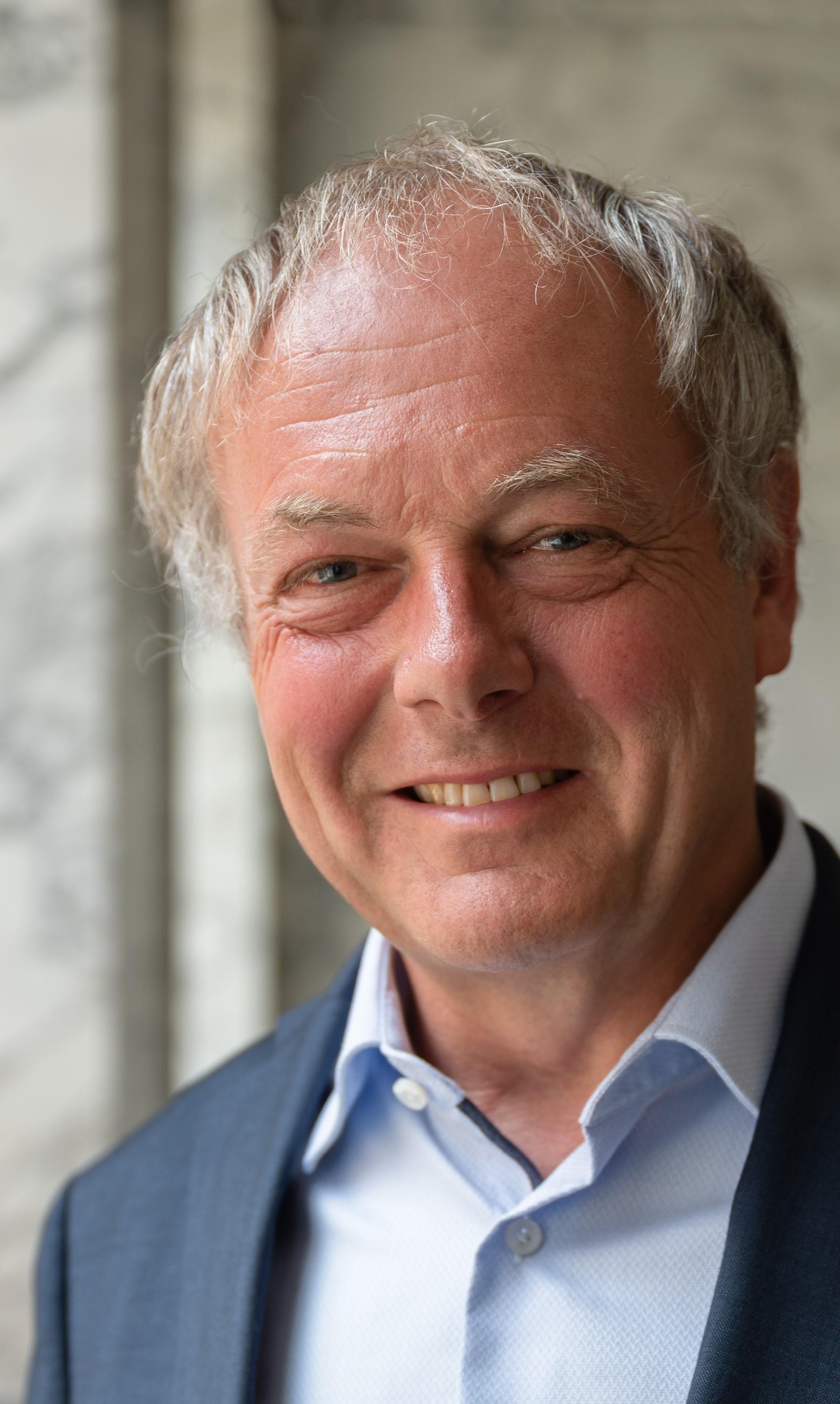 Henri Lenferink, former mayor of Leiden: 'Incidents always happen when there are large groups of people. Rates of shoplifting near schools are higher, for example. The managers of asylum centres, like school governors, should have a good relationship with the police. There may also be overcrowding: for a small place like Ter Apel, 2,500 to 3,000 asylum seekers is far too many. And the people concerned are bored, without any prospects. They have to wait for an extremely long time, while decision deadlines on residence permits are missed. It’s a miserable situation.'
Henri Lenferink, former mayor of Leiden: 'Incidents always happen when there are large groups of people. Rates of shoplifting near schools are higher, for example. The managers of asylum centres, like school governors, should have a good relationship with the police. There may also be overcrowding: for a small place like Ter Apel, 2,500 to 3,000 asylum seekers is far too many. And the people concerned are bored, without any prospects. They have to wait for an extremely long time, while decision deadlines on residence permits are missed. It’s a miserable situation.'
So around asylum seekers' centres, the streets are as safe as anywhere else? Van der Woude: 'The Incident Monitor of the Research and Data Centre shows that incidents around asylum seekers’ centres are mostly property crimes, such as theft. Violence is less of an issue and the largest group of nuisance perpetrators are the refugees who know they will be deported anyway, the so-called ‘safe-country people’. Also, those who are undocumented - people without valid residence permits such as failed asylum seekers - sometimes steal as a matter of necessity, to survive.'
'It is important to address the concerns of people living near a COA site. But it is just as important to understand why these incidents occur. Is it due to the stress people are experiencing due to the uncertainty of an increasingly lengthy asylum procedure? Or to the tensions relating to cultural or religious differences? Let us try to understand and resolve this dynamic instead of trying to keep all asylum seekers out.'
There has been a great furore about people of Moroccan background in relation to crime. Lenferink: There were problems with Moroccan youths in the Netherlands between about 2005 and 2015. Among Moroccan girls, crime was actually lower than average among young people. In Morocco, boys are more often sent out into the streets, which is understandable when you live with many people in a small house. On the streets, the boys egg each other on.
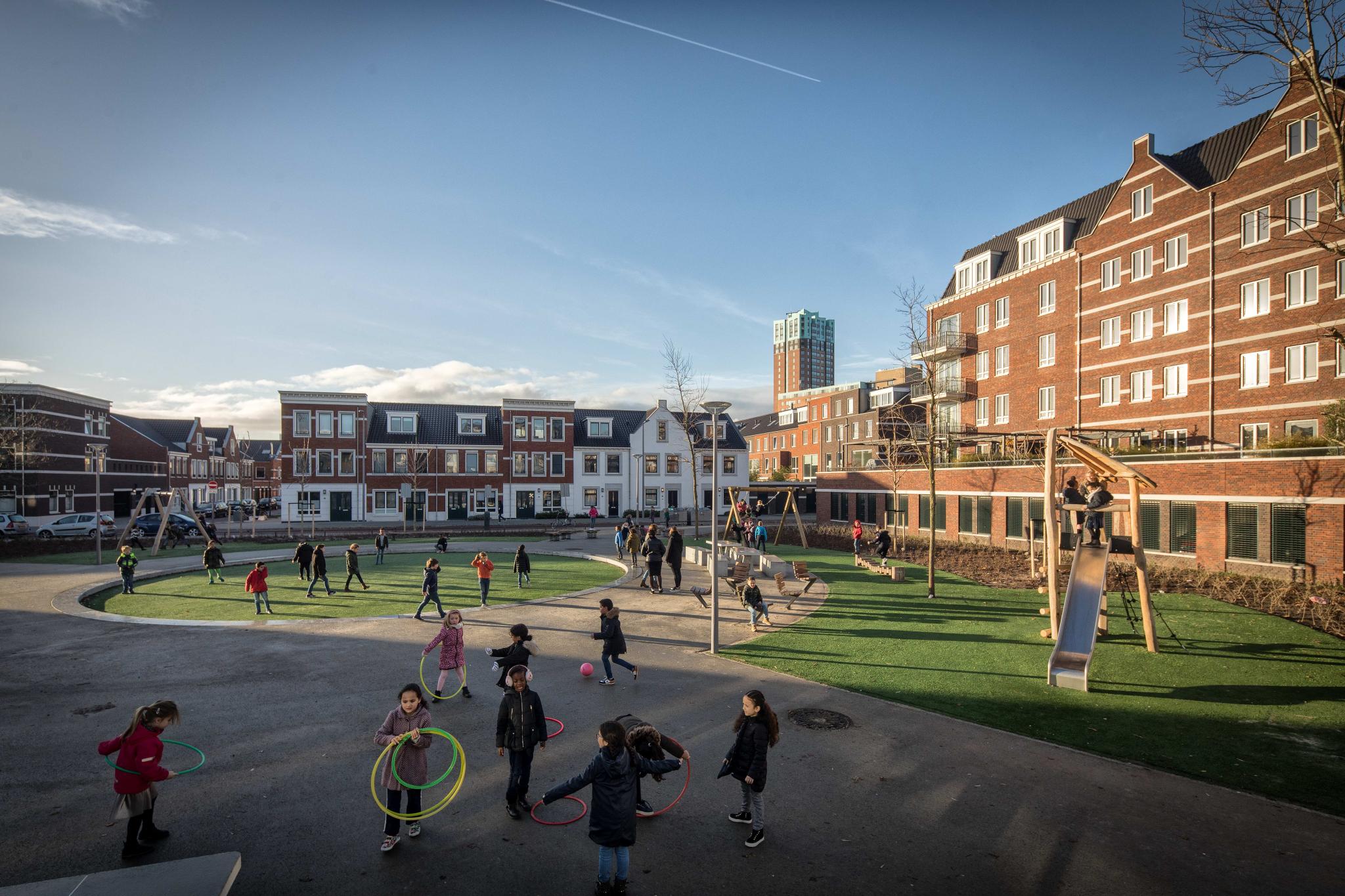
In Leiden, the problems with Moroccan youths were relatively minor.'
How can you resolve this type of social problem? Lenferink: 'There will always be excesses of some kind. Ridouan Taghi is an example of the ‘Mocro mafia’. In Leiden, the problems with Moroccan youths were relatively minor. One of the reasons for this, I think, was that extra money was allocated to educational disadvantage policies in Leiden for a very long time. There were also more job opportunities in Leiden. And the Leiden police were always quite strict. They detained young people and put them on the right track. That led to less recurrence of crime. In addition, and this is very important: how welcome do you feel? In Leiden, the locals have been used to people from outside for a thousand years; it was never a problem. As the mayor, I was in close contact with Moroccan organisations, such as the Hoop en ontwikkeling foundation. Partly as a result of this focus, Moroccans enjoy living in Leiden.'
How important are migrant organisations in preventing crime and promoting successful coexistence in a city? Lenferink: 'At the time when everyone was afraid of radicalising Muslims, the Leiden City Council and a mosque organised a large meeting for Moroccan fathers and mothers. The theme of the meeting was ‘what do we do to prevent our boys from going down the wrong path?’ During the discussions, the parents started calling each other out: ‘Your son is still out at eleven o'clock at night, that's asking for trouble’.'
Van der Woude: 'There is always friction whenever you bring different cultural groups together. Solutions should not be left only to migrant organisations. I volunteered at the Moroccan women’s association, Stichting Narcis, in Leiden. Because they organise events where non-Moroccan women are also welcome, such as an Iftar meal, they play a connecting role. Such initiatives would gain more significance if the local authority were to immediately make known to new residents the various initiatives and what they are for. At present, it is left to chance and the grapevine.'
Cities like Arnhem, Zutphen or Wageningen can more easily absorb more newcomers.'
But what to do about the persistent negative attitude towards asylum seekers? Van der Woude: 'Local administrators should not suddenly overwhelm residents with five hundred asylum seekers. They need to engage in conversation while also showing how much a village can benefit from these people. Asylum seekers are not allowed to work, although that now looks set to change. But they can bring much enrichment by doing voluntary work.'
Lenferink: 'In local authority areas that are shrinking, asylum seekers can help ensure that local schools stay open. In the Achterhoek region, we are preparing a project linking asylum seekers to MBO courses. We want to ask them: what do you want to become if you are allowed to stay? After admission, they can then quickly move on to the right course. This means they will be able to help alleviate shortages in a variety of sectors. Accept that there are cultural differences from one local authority area to the next. Because of their history, cities like Arnhem, Zutphen or Wageningen can more easily absorb more newcomers than some villages. The fragrance of the city is liberating.'
The other day, I entered into a conversation with my plumber about his vote for the far-right PVV.'
Van der Woude: 'Anyone who can, should take responsibility. Don't be drawn in by such sentiments as ‘unfamiliarity breeds suspicion’. Make the move, and find out more about that neighbour whose origins happen to be different to your own. The other day, I entered into a conversation with my plumber about his vote for the far-right PVV. It turned into a good conversation from which we both learned. Look for connections.'
Looking for connections is something we seem to be getting a little less good at. Van der Woude: 'That is why education is so important. In my faculty, we train lawyers. They do not always realise sufficiently that the law is not objective. There are always people behind it who implement it. Through the university's Honours Academy, we offer the subject 'Empathy and the other', in which students learn to deal with gender fluid people or refugees, for example. Young people growing up at their computer screens sometimes do not have much contact and they experience social distance. This makes them more susceptible to inhumane and exclusionary behaviour. We want to eliminate the us-and-them perspective and offer tools for empathy in conversations. A prerequisite for greater connection.'
Lenferink: 'Good education is really the most important thing for a safe society with as little crime and as few mutual tensions as possible. I am very impressed with the Het Mozaïekprimary school in Malburgen, an impoverished district of Arnhem. It is a black school in a neighbourhood with a lot of social housing and people from migrant backgrounds. It is one of the best schools in Arnhem, with their pupils attaining high final scores. Pupils won a national debating tournament, with the school receiving an official ‘excellent’ rating. I see dedicated teachers there giving great lessons at a high pace and the students hanging on their every word! Phones are banned; they use their own teaching methods. They find existing methods infantile, with too many pictures. Instead, they work with complicated texts.'
Is this how you create adults who can live side by side constructively? Van der Woude: 'In education, there should be an extensive and repeated focus on living side by side. This will prevent prejudice among people and also among implementing bodies such as the Tax and Customs Administration and DUO. This focus in education is by no means a quick fix. Many migration policies and measures are incident-driven. At the Advisory Council on Migration, we give the government guidance that makes sense for the long term.'
Historian Henri Lenferink is a PvdA (Labour Party) politician and administrator. He served as mayor of Leiden from 2003 to 2023. He is currently the acting King’s Commissioner in Gelderland. In that capacity, he also chairs the provinciale regietafel Migratie.
Lawyer and criminologist Maartje van der Woude is Professor of Law and Society at the Faculty of Law at Leiden University. She examines the intertwining of crime and safety with migration - 'crimmigration'. She is also a member of the Advisory Council on Migration, which advises parliament and the cabinet.
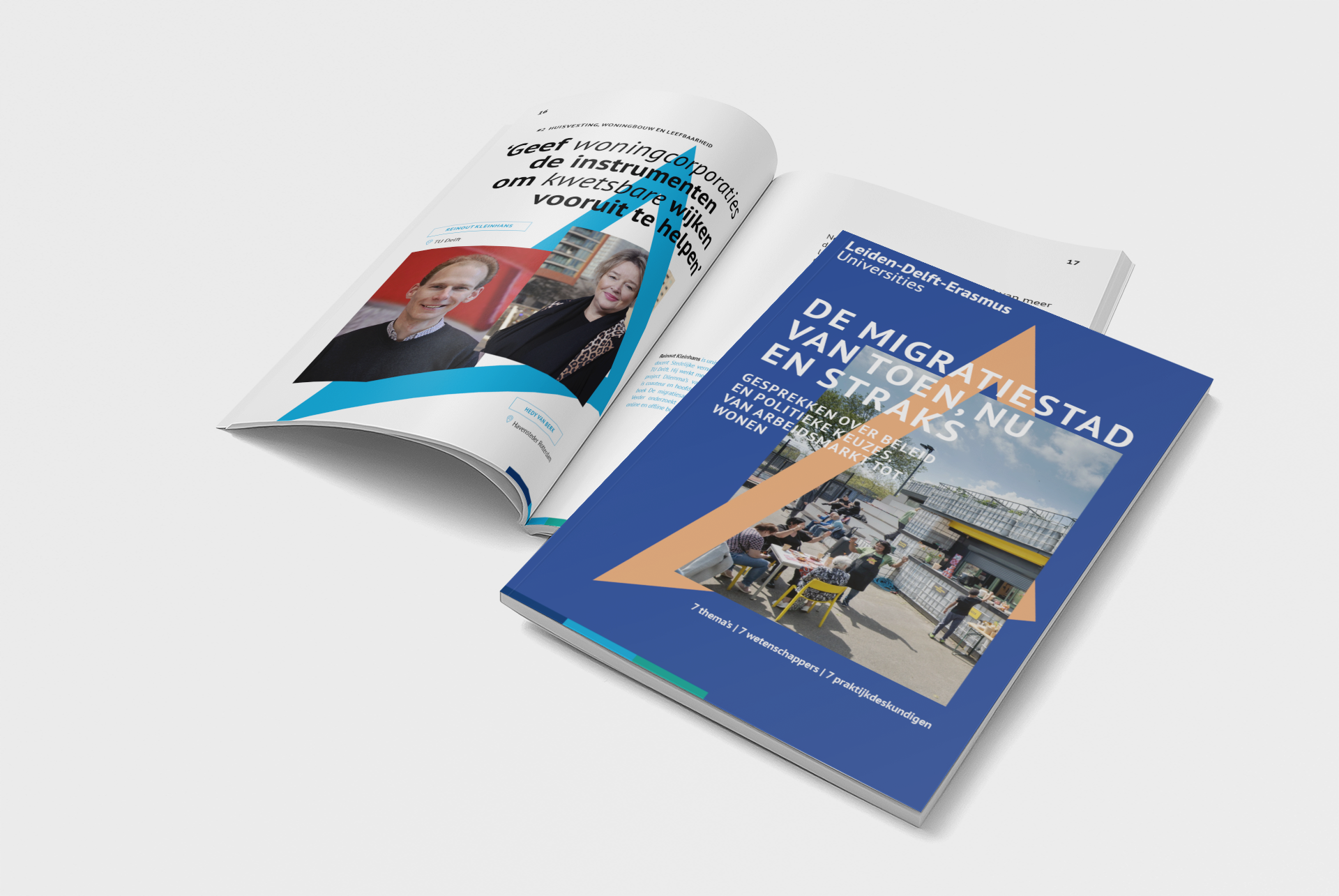 White paper 'The migration city of then, now and later'
White paper 'The migration city of then, now and later'
This article is from the sixth white paper of Leiden-Delft-Erasmus Universities. If you would like to copy one or more texts, please contact Katja Hoiting k.hoiting@tudelft.nl.
Sender of this edition is the Leiden-Delft-Erasmus Centre Governance of Migration and Diversity, founded in 2020 to conduct interdisciplinary research on the governance issues surrounding migration, diversity and inequality.

